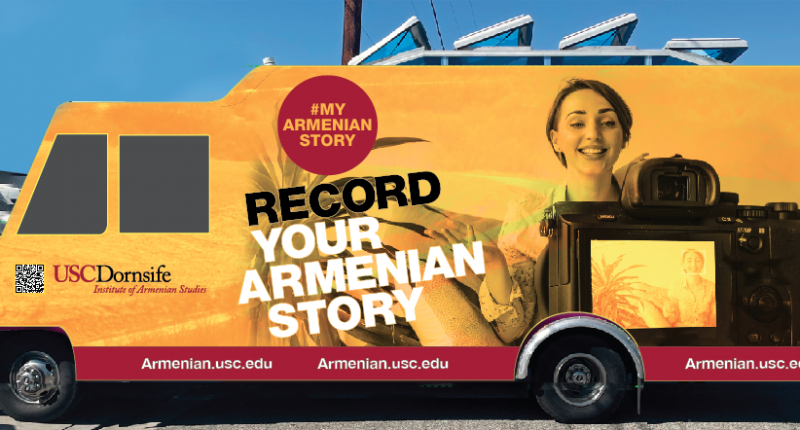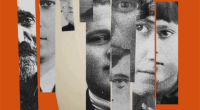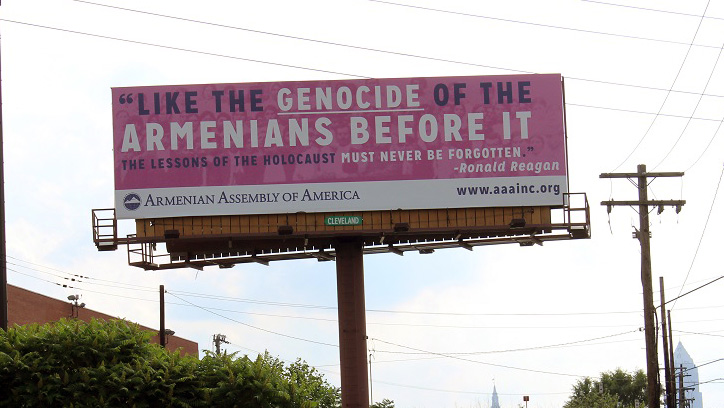LOS ANGELES — With a mobile studio in a retrofitted food truck, USC Institute of Armenian Studies is traveling throughout Southern California to encourage and invite people to record their life stories.
#MyArmenianStory is a crowd-sourced oral history project that has thus far gathered nearly 100 interviews from around the world. The purpose of the project is to record, gather, and document individual stories and reconstitute them as part of the national story. The method is simple: enlist anyone who is willing to interview and/or be interviewed to discover and record family stories and more. Everyone’s story is relevant, and together, they all make up the Armenian Story.
The Armenian experience of the 20th and 21st centuries is ingrained in the memories of the generations who lived it – California Armenians who lived in Boyle Heights, Hollywood and Pasadena, Soviet citizens who lived to see Armenian independence, and those caught in the Lebanese Civil War or the Iranian Revolution, refugees from Syria and Iraq, and so many others. These are Armenian stories that have individual value to families, but collectively, are essential history sources for scholars and creatives.
The Los Angeles County and the cities of Los Angeles, Glendale, and Pasadena celebrate Armenian heritage during the month of April and this is an opportunity to partner with city and community organizations to commemorate and remember in a way that is meaningful and lasting.
The mobile studio, housed in a bright taco truck in USC colors, can be found throughout Southern California. Individuals wanting to interview and be interviewed will be seated inside the truck, given guidelines and questions, and their conversation will be recorded.
For those interested in just being interviewed or would like to volunteer to do the interviewing, the Institute staff is ready to make a match. The testimony will be made available to the participants. And, anyone can receive detailed information and instructions on how to conduct interviews at home with loved ones, in person or remotely.
The ambition is to collect as many stories as possible for future reference as a primary source for scholars and artists interested in the global Armenian experience.
The recordings will be archived at USC Digital Libraries, and in other regional and global collections, thus accessible to researchers around the world.
While the mobile #MyArmenianStory Mobile Studio will travel for one month, the project as a whole will continue. Armenians around the world are encouraged to participate in this important initiative by interviewing and sharing their stories with the Institute. Questionnaires, guidelines and all needed information is available in English, French, Spanish and Russian, as well as Eastern and Western Armenian. Visit: https://armenian.usc.edu/myarmenianstory/










